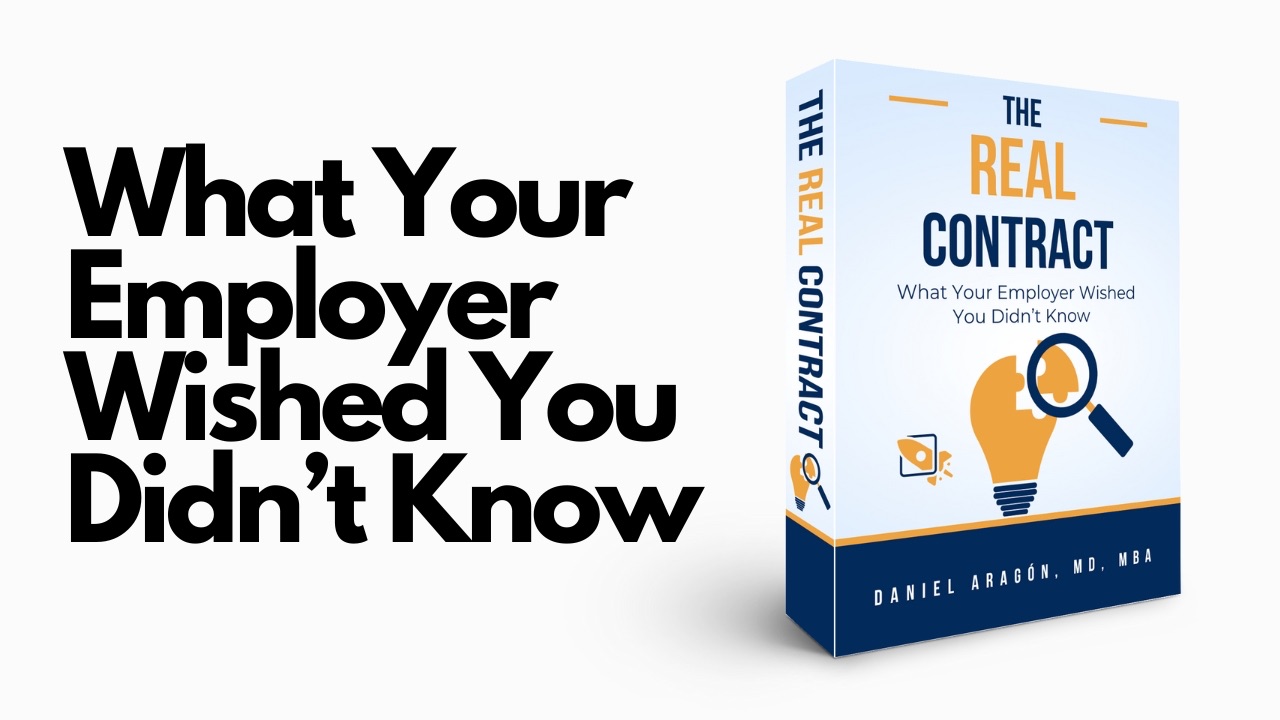Why Empathy Is Your Secret Weapon in Physician Contract Negotiations
Key Takeaways
✅ Empathy helps you understand what the employer really wants.
✅ Listening without arguing builds trust.
✅ Empathy doesn’t mean giving in, it’s a tool for influence.
Why Does Empathy Even Matter in Negotiations?
Ever felt like contract talks are just two sides fighting for what they want? Well, empathy changes that. It's not about agreeing with the other person, it's about understanding what drives their decisions.
In fact, FBI hostage negotiators rely heavily on empathy to get results. Think about that. If empathy can defuse life-and-death situations, imagine what it can do when you’re negotiating PTO or RVU targets.
Step 1: Ask Questions That Reveal What They Want
If you’re negotiating with a hospital, ask yourself: What’s their biggest headache?
- Are they struggling to keep providers for more than a year?
- Do they need someone to boost their evening clinic slots?
- Are they desperate to meet certain patient volume targets?
When you know what they’re stressing about, you can tailor your requests in ways that ease their pain.
Step 2: Use Empathy Statements to Build Trust
Instead of saying, “I can’t agree to that,” try this:
✅ “I get why that’s important to you, and I want to help. Can we explore other ways to get there?”
When they feel heard, they’re more likely to listen when you explain why you need a higher base salary or lighter call burden.
Step 3: Repeat Back What They Said (Yes, Really)
This feels weird at first, but it works. When they say, “We really need someone to cover weekends,” respond with:
✅ “It sounds like weekend coverage is a big priority for you.”
That small act of repeating shows you’re listening, and makes them more open to compromise.
What If Empathy Feels Weak?
It’s not. Empathy is strategic. By showing you understand their challenges, you’re positioning yourself as someone they can’t afford to lose. It’s influence disguised as kindness.
Empathy Paves the Way for Better Terms
Negotiating your contract isn’t about “winning,” it’s about creating an agreement that works for you and your employer.
If you’re feeling overwhelmed by contract language or unsure how to prepare, The Real Contract Course can help. It teaches you:
✅ How to spot red flags in your contract.
✅ What questions to ask your lawyer.
✅ How to confidently push for better terms without burning bridges.
Take the course before your contract review, and you’ll walk into that meeting prepared, calm, and focused.




